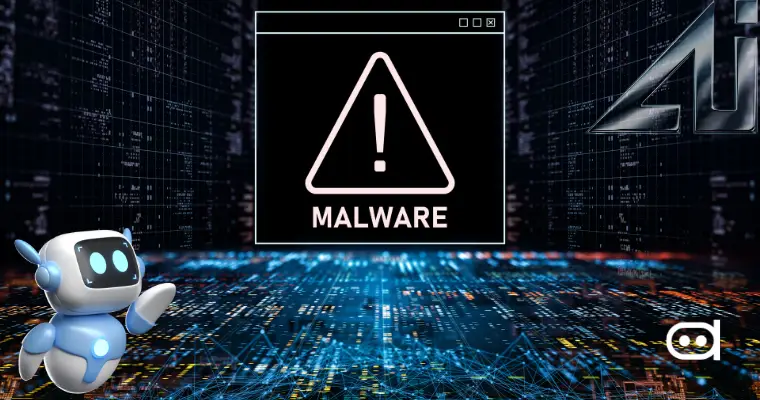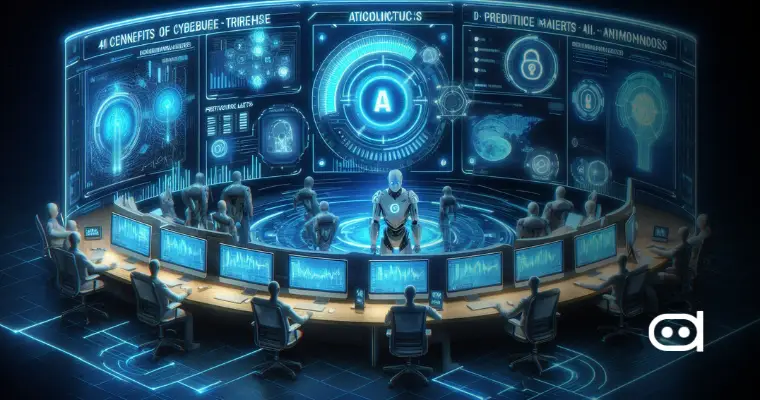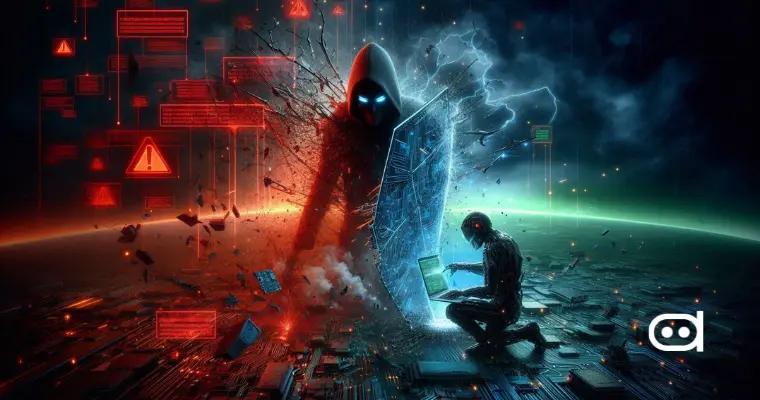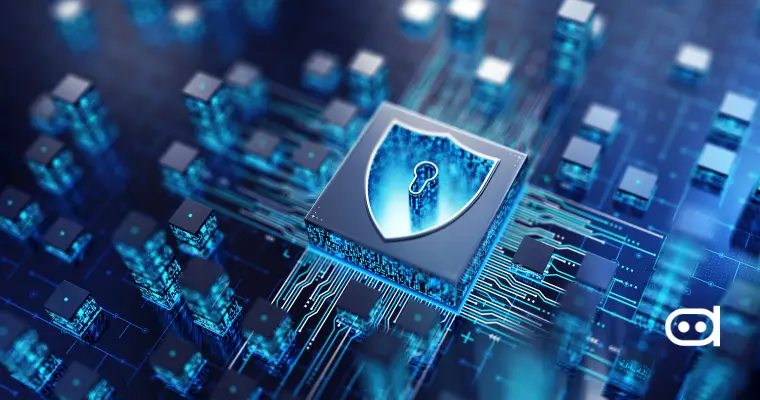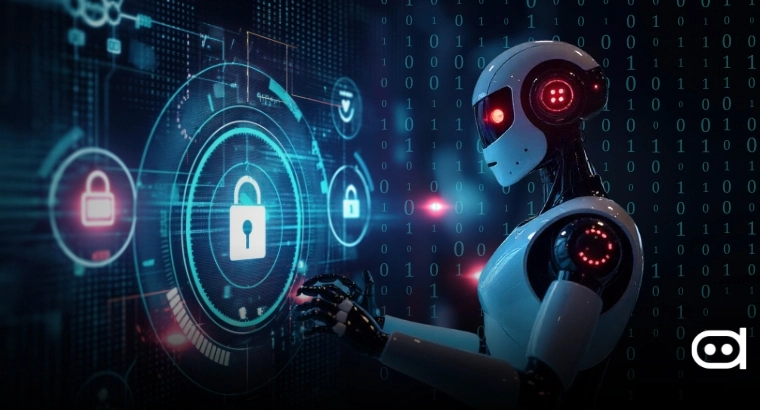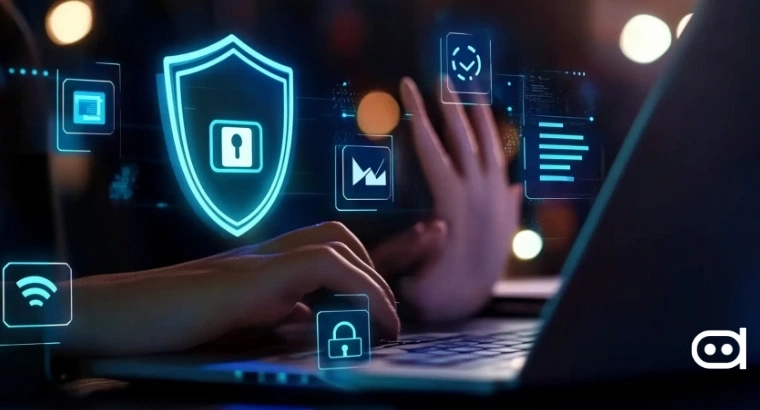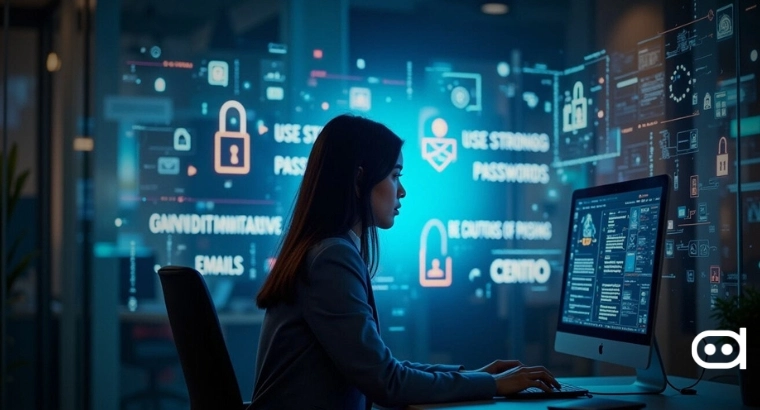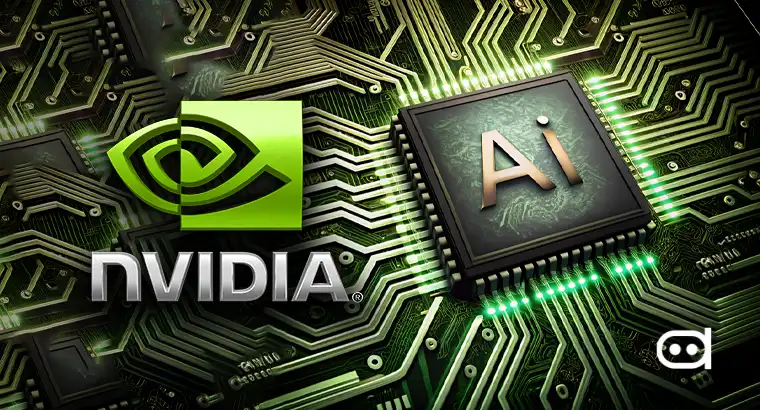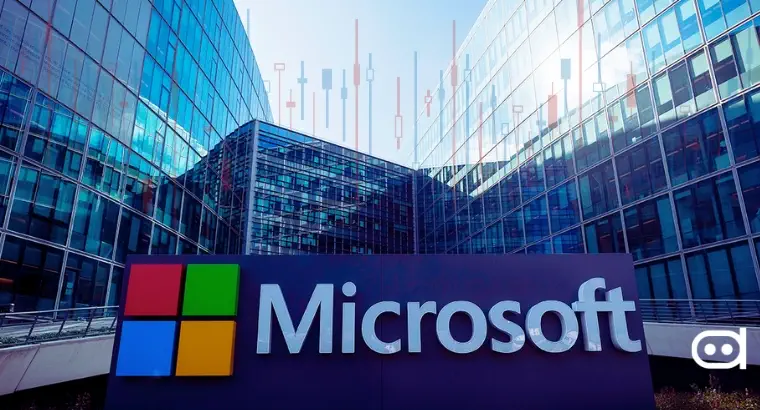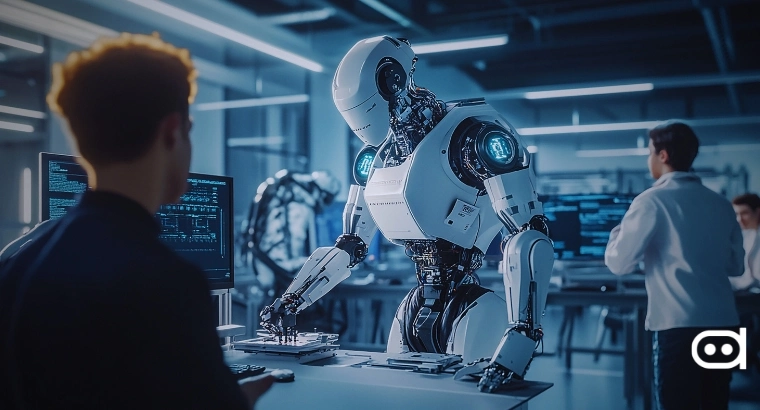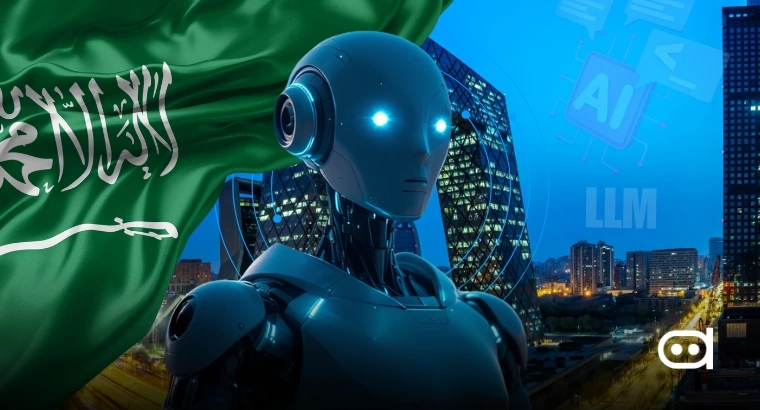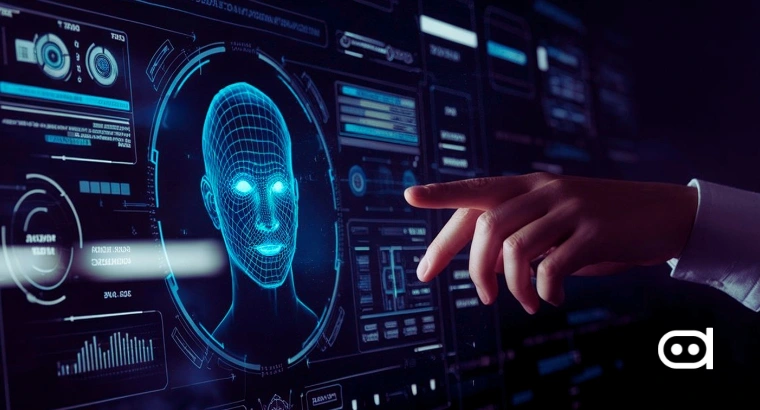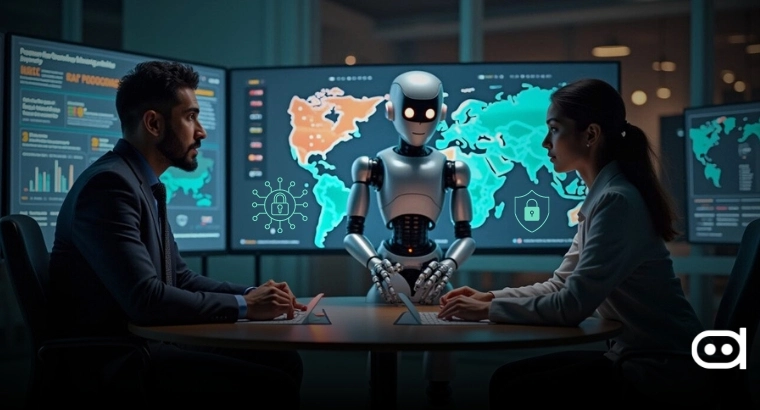
- Artificial intelligence (AI) is transforming the landscape of cybersecurity by enhancing threat detection, response times, and overall awareness. As cyberattacks grow more frequent and sophisticated.
- AI’s ability to process vast amounts of data in real-time offers a crucial advantage. By automating defense mechanisms and providing predictive insights, AI enables organizations to stay ahead of evolving threats.
- In an era where cyber threats are becoming increasingly complex, AI is revolutionizing cybersecurity awareness. From improving early detection to personalizing employee training, AI empowers businesses to bolster their defenses and proactively address vulnerabilities.
How AI is Transforming Cybersecurity Awareness
Artificial intelligence is not only improving security processes; it is changing the attitudes of organizations regarding the issue of cybersecurity culture. Due to the increase in the number and advancement of cybercriminal activities, there exists a dire need for active and proactive defense strategies. Thus, AI has been a blessing because it offers solutions to the pertinent problem of staying ahead of the attackers.
Addressing the Gaps in Traditional Cybersecurity
In the past, there was a greater reliance on people and human-powered IT processes focusing on tracking threats and deploying responses. This human-dependent approach also has disadvantages such as extraordinary delays and omissions considering that attacks have evolved. The AI comes in and solves this problem by replacing most of the manual features of the defense processes. In this way, an organization is able to evacuate enormous datasets to detect weaknesses and or threats at lightning speed.
One form of the most notable features that AI has on and for cybersecurity practices is its ability to predict. Having been trained on how attackers have managed to execute previous attacks, the AI reasoning systems will be able to determine which areas may be attacked and find ways to solutions to the problems before attacks happen. This is important, especially in a cyber world, where attack spirals are instantaneous and can emerge anytime as it is difficult to wait for an attack to notice gaps in defenses.
Read More: Navigating AI Threats: Singapore’s 2023 Cybersecurity Evolution
Personalized Cybersecurity Training for Employees
Not only does artificial intelligence enhance technical measures, but it also helps to educate the staff. Human error is one of the major reasons why systems are made to fail because of security or internal threats like social engineering and weak password usage. AI mitigates this problem through the creation of customized teaching plans based on employees’ knowledge cognizance regarding cybersecurity training. They are also trained in identifying social engineering attacks, personal devices usage policy, monitoring activities as well as creating an infrastructure for the attack.
AI can effectively replace people, for example, in the execution of phishing scenarios, and evaluate employees’ responses in the process, thus determining those employees who must undergo extra training. This dynamic approach enables organizations to keep a proactive and educated workforce thus exhilarating an additional level of defense.
AI in Cyber Threat Intelligence
AI is also actively utilized in cyber threat intelligence. CTI is the activity of gathering and processing information about active threats from different sources including the dark net, new domains, and forums. This way, AI is able to detect an imminent danger to an organization and alert the relevant authorities before the harm becomes extensive. Organizations can proactively defend themselves from attacks that are taken as surprise thanks to AI-powered CTI insights that enable them to fight specific planned attacks negatively before they happen.
In addition, artificial intelligence helps in improving decision-making. In the case of security staff, AI can be applied to minimize risks more effectively and thus reduce the number of threats that have the highest potential risk. This way, resources are depleted in a more economically sound manner since the chances of data hacking are lowered and Chief Information Officers (CIOs) are able to provide better security on data.
Read More: Supply Chain Cybersecurity Fears Grow After Lebanon Pager Blasts
The Future of AI in Cybersecurity
With the advancement of artificial intelligence, it will be embraced even more in cyber threat protection. Various more advanced AI predictive methods, self-healing intrusion systems able to fix weaknesses without human assistance, as well as pervasive implementation into daily security routines can be expected. Organizations that do not pivot to incorporate AI-powered cyber defense will be left behind unable to protect themselves from sophisticated anomalies.
To sum up, artificial intelligence is not a peripheral instrument in cyber security; it has become an important part of enhancing the technologies, know-how, and systems further. It will help to predict the threat, improve the training of employees and the perception of an overall approach to security definitely advances.
